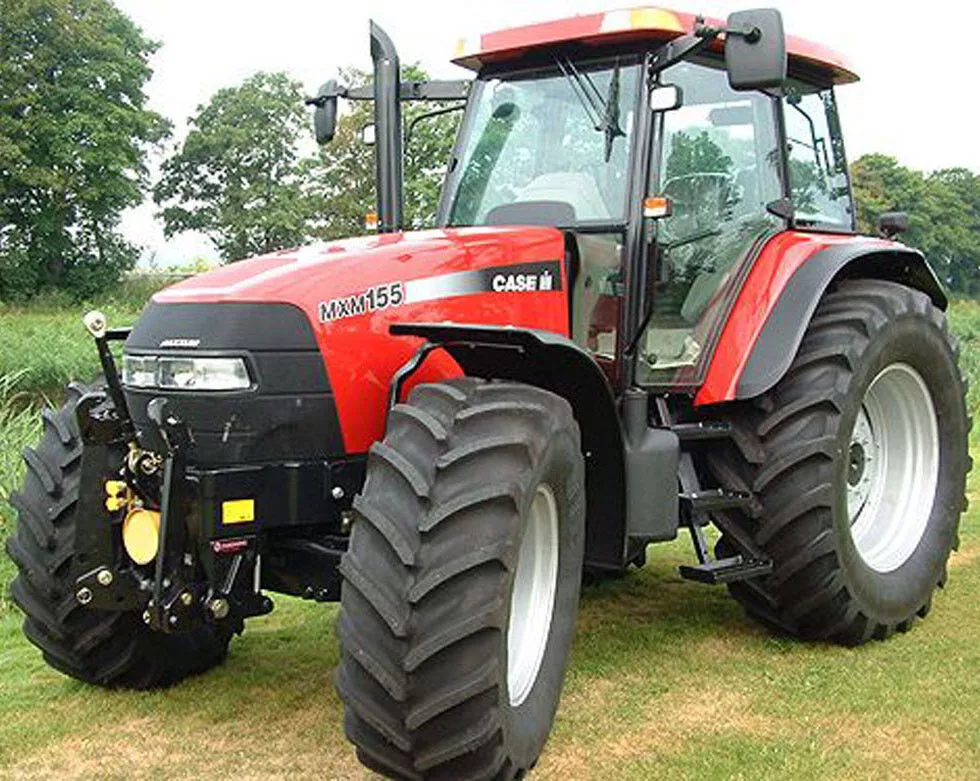NTSB photo
The collapse of the Francis Scott Key Bridge in Baltimore on Tuesday will likely upset the flow of goods across the country reaching all the way to Kansas.
The collapse, which occurred after a cargo ship struck one of the bridge’s southern piers, resulted in the immediate closure of the Port of Baltimore. U.S. Secretary of Transportation Pete Buttigieg said a “major and protracted impact to supply chains” is imminent, implying that indefinite disruptions to the flow of American goods, including agricultural equipment to the Midwest through Atlantic waters will occur.
The Port of Baltimore is a major shipping hub that ranked 10th in dry bulk tonnage handling in 2021 per a 2024 Bureau of Transportation Statistics report on port performance. On Tuesday, President Joe Biden called it “one of the most important elements for the economy” and “the quality of life” in the Northeast. The Francis Scott Key Bridge, which was located at the mouth of the port, took five years to construct in the mid-1970s and was recognized as a “significant engineering achievement” as it could accommodate local traffic over the busy harbor.

The closure of the Port of Baltimore could negatively affect Kansas farmers. NBC reported that according to data from DAT Freight & Analytics, “Baltimore is the largest entry point in the U.S. for large agriculture and construction equipment like tractors, farming combines, forklifts, bulldozers and heavy-duty trucks that are bound for the Midwest.” These pieces of equipment are necessary components of the planting, growing, and harvesting seasons and are crucial for increasing efficiencies and negating losses. According to Maryland Governor Wes Moore, the port processed a record 1.3 million tons of large equipment last year.
Main ag product categories shipped through the port include sugar, soybeans, grain (corn & soybeans), coffee and grocery items. Writing for the Farm Progress website, reporter Chris Torres quoted USDA figures and noted the port was a “relatively small player” in this area, at least compared to larger ports like New Orleans which handled more than 40 million metric tons of soybeans in 2021.
An interruption in the normal passage of roll-on/roll-off (wheeled and/or driven) cargo into the U.S. may also increase shipping costs. As major equipment is diverted to other ports, particularly in the south, congestion may inflate transit times via delays which automatically inflates costs. Even ports located nearer to the Midwest may be unable to efficiently distribute goods to adequately service farmers. According to DAT Freight & Analytics principal analyst Dean Croke, demand for agricultural equipment peaks in March.
Since only a small number of American ports, including Baltimore’s, are capable of processing roll-on/roll-off cargo, the emphasis on the broader economic repercussions of the collapse of the Francis Scott Key Bridge is substantial. In addition to large equipment, the Port of Baltimore is a major handler of automobile brands like Nissan, Toyota, and General Motors; agricultural products like sugar, salt, gypsum, and fertilizers; and some paper and wood products, according to research by Reuters. Local truck traffic has already become a point of concern for the City of Baltimore as “hazardous materials” are being shipped on atypical routes.

Ursula Billings
Ursula Billings is a freelance writer for The Kansas Informer. She will graduate in May with a degree in Ag Business from Fort Hays State University and begin courses as a first-year law student at University of Kansas School of Law in August 2024.




